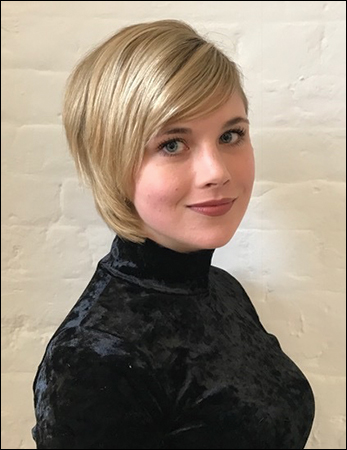
Rebecca Smith
Youth culture has long overlapped with beauty experimentation as young people seek to define and curate their own identity. Gen Z is no exception – but instead of traditional youth ‘tribes’ today’s youngsters are fiercely individual, refuse to be labelled and want the products they consumer to truly reflect who they are. And this provides both opportunities and hurdles for beauty brands, as Canvas8’s Rebecca Smith explains.
Rebecca Smith is Consumer Behavioural Analyst at Canvas8, which specialises in behavioural insights that help businesses understand people. She has a background in psychology and enjoys unpicking the latest consumer behaviours in everything from fake tan to relationships with technology.
What beauty looks did you try out in your teens? Mine ranged from backcombed black hair teamed with lashings of black lipstick to bubblegum pink lip gloss and a face caked in bronzer.
I'm not alone in experimentation; in psychosocial development theories, identity formation – which starts from when we're born – is most prominent in our teenage years.
This is the age where we're faced with bodily changes, new responsibilities and the pressure of making choices for our future.
And as we race towards adulthood, we have to use our current challenges and prior experiences to create a new identity.
It means we're exploring who we want to be and what we want to believe in. This pans out into being experimental with our identity – and, of course, this is reflected in our approach to how we look.
Fast-forward to today's teens and young adults; gen Zers account for almost a fifth of the UK population and globally hold US$44bn in purchasing power.
When it comes to beauty, they're incredibly knowledgeable and happy to splash out; the make-up bags of girls aged between 13 and 19 are worth
